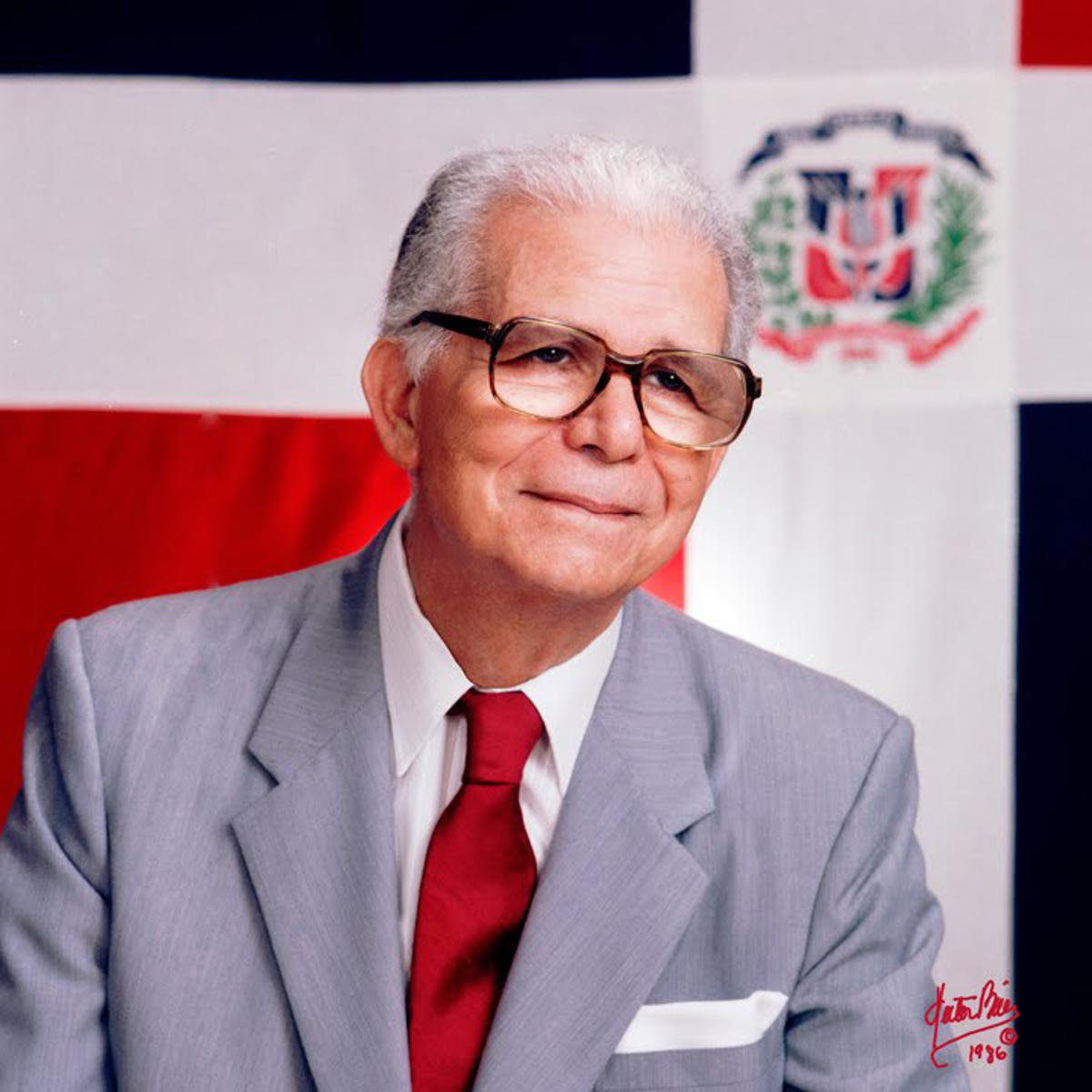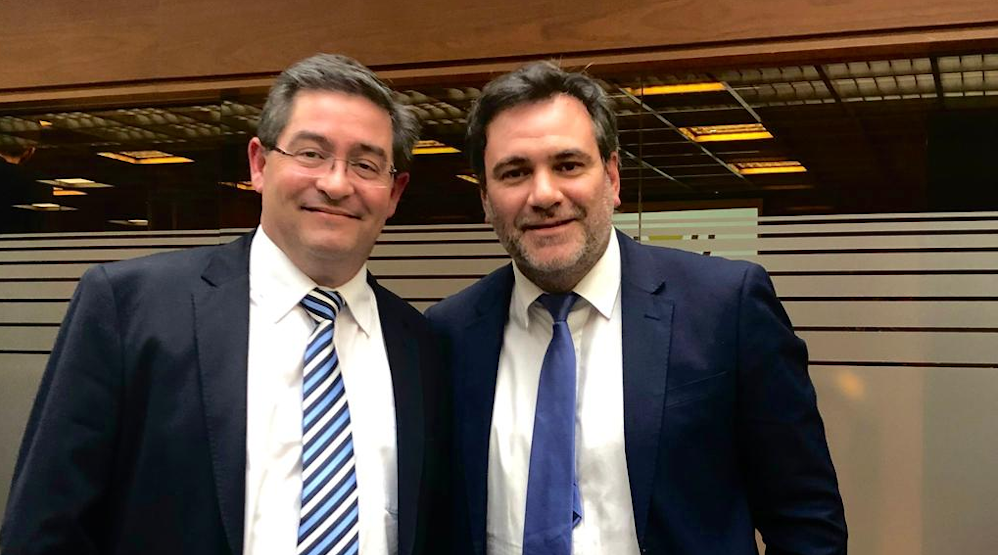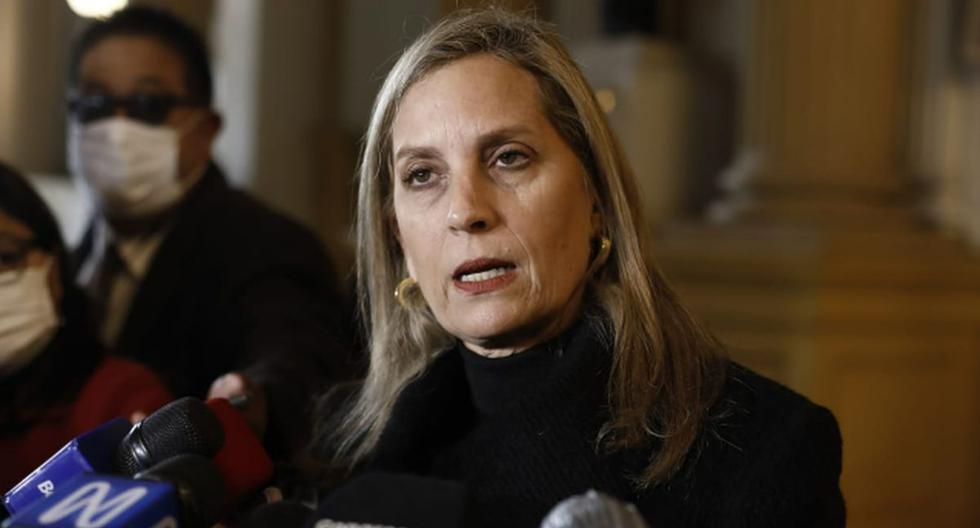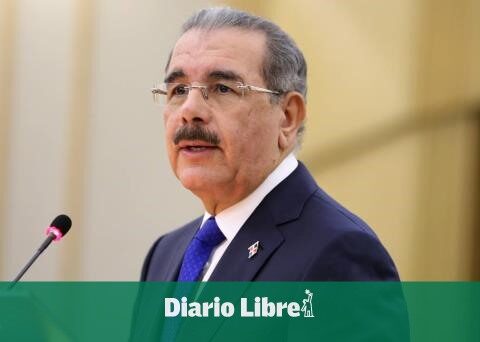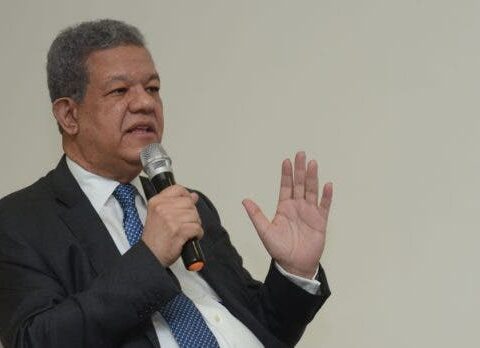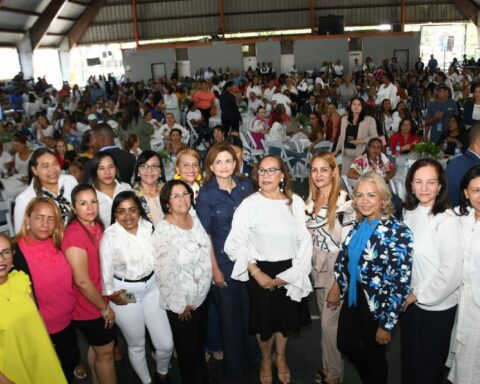Like all girls her age, Rosalía showed off her possessions to her school friends. The ones she cherished the most had no material value. The reason for her pride had nothing to do with money or property.
But it was the cause of a typical argument between eleven-year-old girls. At recess, Rosalía, seeing that she was about to lose a conversation, pulled out her ace, jealously guarded in her tender and innocent heart: “President Balaguer is my godfather.” Her companion scoffed, making a nice hip gesture with her hands placed on her waist: “Hey, hey, and mine is the King of Spain.”
Upon arriving home, Rosalía told the story to her grandmother, Mrs. Margarita Vallejo, widow Paredes, who could not resist laughing out loud. “Tell it to the President,” she replied.
Doña Margarita was an old friend of the Balaguer family. Her brother, Mario, was the husband of fifty years to Dona Emma, the president’s sister.
But the bond between the two families transcended those marriage ties. Through the years a close friendship and an almost symbiotic identification had kept them together. Neither Mario nor Dona Margarita had used those affections to procure personal advantages. Neither in the initial period of twelve years nor after Balaguer’s return in 1986 did they hold public office, nor did they enjoy contracts.
When her first daughter was born, Doña Margarita called Balaguer, who was not President at the time, to have her baptized. She was only 18 days old. And when her granddaughter, Rosalía, arrived, they wanted to maintain the tradition. Balaguer was already the president when he baptized Rosalía.
Doña Margarita promised the girl that she would take her to the president so that he could hear that story from her lips and allow her to take a picture together so that she could present evidence to her friends.
In the more than 50 years that she had been treating him, although she only saw him on a few occasions so as not to distract him from his occupations, Doña Margarita did not remember seeing Balaguer laugh so spontaneously when she told him the story. “Take her to the Palace for the photo,” she told him, almost dying of laughter.
Very proud, the girl accompanied her grandmother and the rest of the family to a protocol visit to the Palace, one noon.
It was a busy day, like any other, but Balaguer paused and called the visitors and one of the press photographers.
From the audience that afternoon, in which the running around and the laughter of a girl lit up the president’s face, Rosalía took out a huge bundle of photos, sitting on her godfather’s lap, holding his hand, playing with her tender He handed the corner of the presidential desk and next to him in one of the armchairs of that sober room, through which statesmen, teachers, sages, bureaucrats, charlatans and nondescripts passed daily, in search of solutions, favors or hopes.
From the natural disbelief of that girl who replied that if Balaguer was her godfather, the Spanish monarch could be hers, Rosalía exercised all that was human in a man whom his contemporaries and adversaries used to see only as a cold statesman, stripped of feelings. The echo of his laughter, almost childish, mixed with the explosive joy of his eleven-year-old goddaughter, which filtered, helped by the breeze, through corridors and offices, brought to this love story the intensely human warmth that he sometimes gave us. in his poetry and, why not, in some of his works as ruler.

